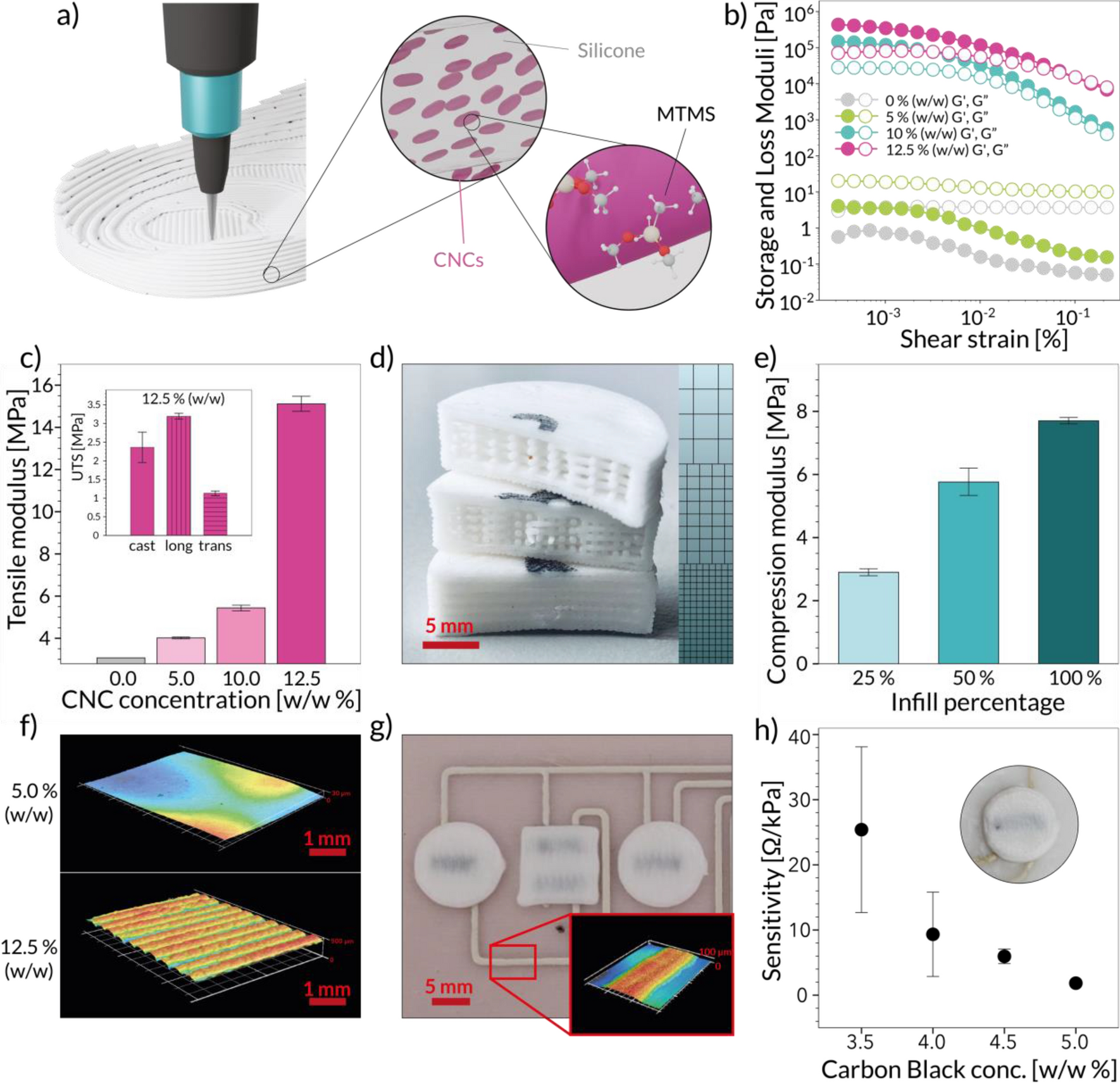2023-03-15 スウォンジー大学
従来は高価で時間がかかる蒸発プロセスによって適用される金電極に代わるものとして、カーボン電極を開発し、スロットダイコーティングによるR2Rプロセスで”完全に印刷可能な”ペロブスカイト太陽電池を製造する方法を確立した。
新しいカーボン電極は低温・高速で連続的に適用できるため、大量生産が容易になり、金電極と同様の性能を発揮することが分かった。これにより、グリーンエネルギーの普及に向けて、ソーラーインクを一方に追加し、ソーラーセルが他方から出てくる製造プロセスのアイデアが実現することになった。
<関連情報>
- https://www.swansea.ac.uk/press-office/news-events/news/2023/03/swansea-university-academics-develop-worlds-first-completely-roll-to-roll-printable-perovskite-solar-cell.php
- https://onlinelibrary.wiley.com/doi/full/10.1002/adma.202208561
溶液処理カーボン電極を用いた全印刷ロールツーロール型ペロブスカイト太陽電池の実現 All-Printed Roll-to-Roll Perovskite Photovoltaics Enabled by Solution-Processed Carbon Electrode
David Beynon, Ershad Parvazian, Katherine Hooper, James McGettrick, Rahul Patidar, Tom Dunlop, Zhengfei Wei, Peter Davies, Rodrigo Garcia-Rodriguez, Matt Carnie, Matthew Davies, Trystan Watson
Advanced Materials Published: 15 February 2023
DOI:https://doi.org/10.1002/adma.202208561

Abstract
Perovskite photovoltaics have shown great promise in device efficiency but also the promise of scalability through solution-processed manufacture. Efforts to scale perovskites have been taken through printable mesoporous scaffolds and slot die coating of flexible substrates roll-to-roll (R2R). However, to date there has been no demonstration of entirely R2R-coated devices due to the lack of a compatible solution-processable back electrode; instead, high-value evaporated metal contacts are employed as a post process. Here, in this study, the combination of a low-temperature device structure and R2R-compatible solution formulations is employed to make a fully R2R printable device architecture overcoming interlayer incompatibilities and recombination losses. Therefore, the n–i–p device structure of SnO2/perovskite/poly(3,4-ethylenedioxythiophene)/carbon is employed to form an ohmic contact between a p-type semiconductor and printable carbon electrode. In particular, the results show that the small-scale device efficiencies of 13–14% are achieved, matching the device performance of evaporated gold electrodes. Also, this entirely R2R-coated perovskite prototype represents a game changer, reaching over 10% (10.8) stabilized power conversion efficiency with unencapsulated long-term stability retaining 84% of its original efficiency over 1000 h under 70% RH and 25 °C.



